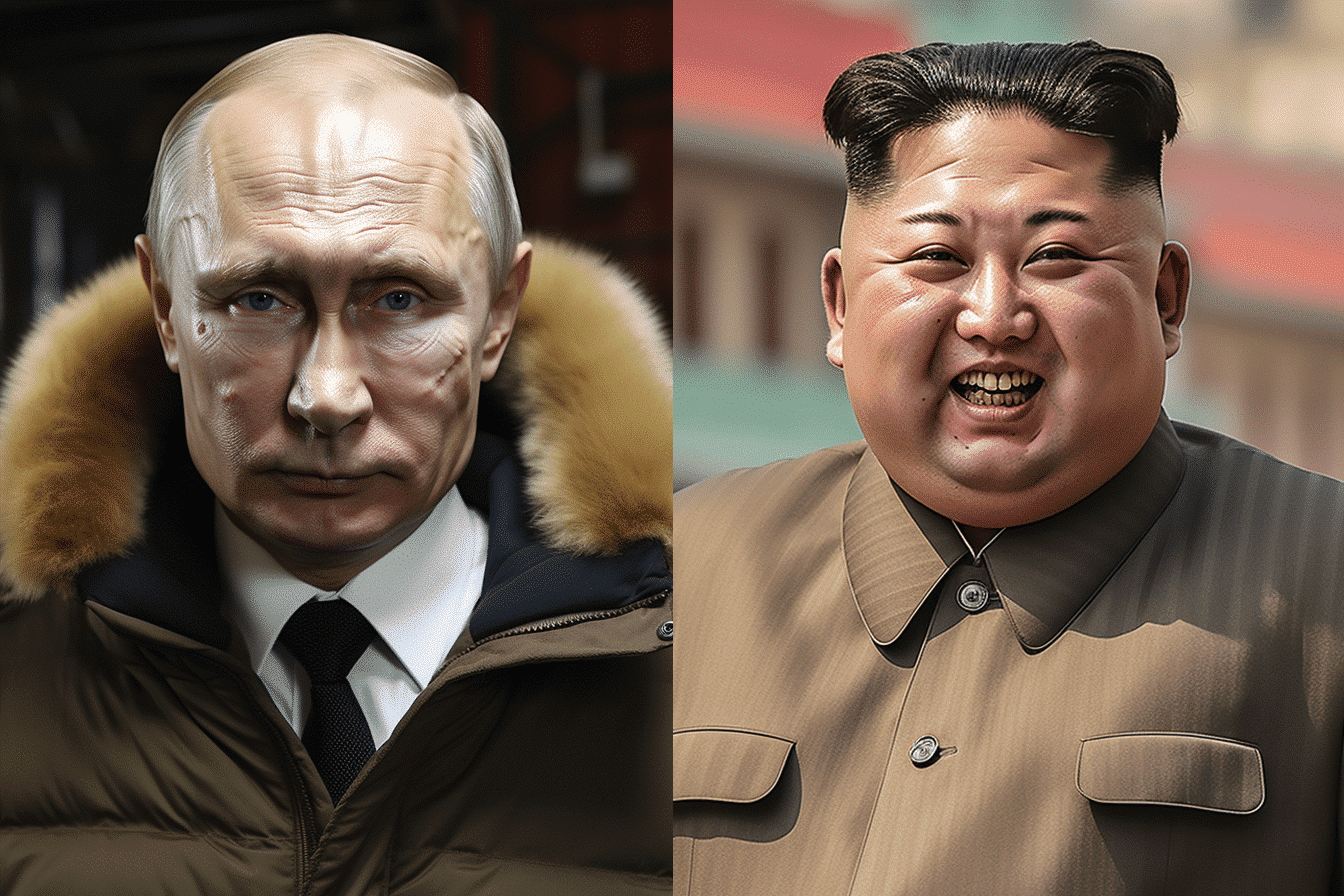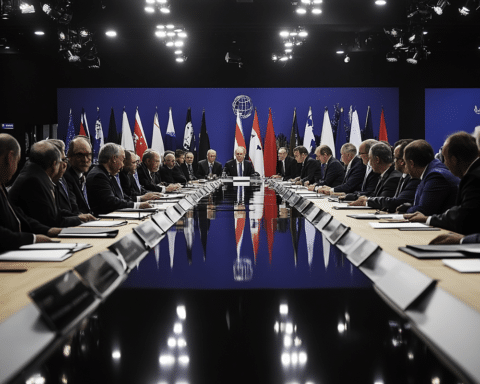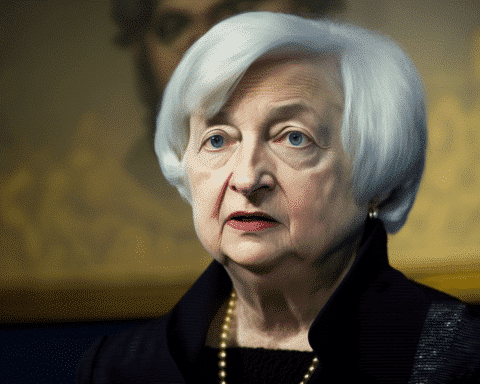The White House revealed intelligence suggesting an exchange of letters between Russian President Vladimir Putin and North Korean leader Kim Jong Un. This communication took place as Russia appears to be seeking munitions from North Korea to support its conflict in Ukraine.
John Kirby, the spokesman for the National Security Council, elaborated on these findings. This update comes shortly after earlier White House reports about Russian Defense Minister Sergei Shoigu’s plea during a Pyongyang visit. Shoigu urged North Korean authorities to amplify munition sales to Russia for its ongoing Ukraine conflict.
Kirby highlighted Russia’s need for additional artillery shells and basic materials to strengthen its defence infrastructure. The letters exchanged by the leaders seem to be preliminary. However, discussions about weapon sales between Russia and North Korea are progressing. The letter exchange transpired after Shoigu’s trip.
The Biden administration has consistently argued about Russia’s growing dependency on North Korea and Iran for the weaponry necessary for its Ukrainian warfare. Given their controversial nuclear agendas and questionable human rights histories, both North Korea and Iran are majorly estranged from the global community.
In a report from March, the White House stated that Russia was attempting a food-for-arms negotiation with North Korea. In this proposed deal, Moscow would cater to North Korea’s food necessities in exchange for munitions.
In the past year, there were White House claims that the Wagner Group, a Russian private military firm, had accepted an arms consignment from North Korea. This was to reinforce its troops, representing Russia, engaged in the Ukrainian battle.
Both Russia and North Korea have refuted U.S. claims regarding weapon transactions. Nevertheless, North Korea has publicly supported Russia concerning the Ukraine conflict, attributing Russia’s military moves to the U.S.’s and its allies’ aggressive strategies.
The unfolding dynamics between Russia, North Korea, and the U.S. signify a reshaping of geopolitical alliances and power balances. As Moscow seeks assistance beyond its traditional allies, it finds support in nations estranged from the global stage. How the international community will respond to these newly revealed ties remains to be seen, but the stakes are undeniably high, with the conflict in Ukraine serving as the central pivot.




